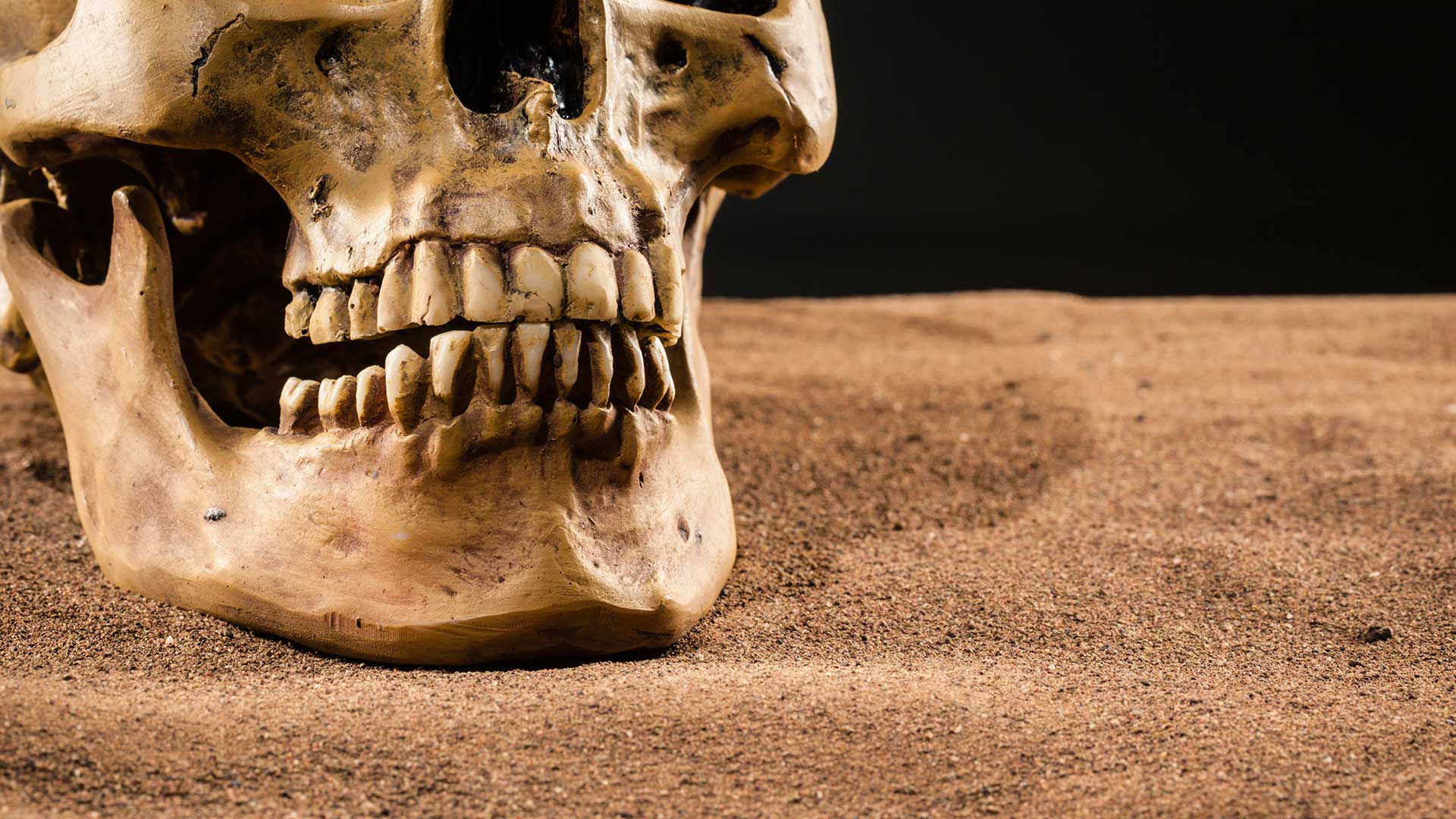A 1.8-million-year-old tooth belonging to an early species of human has been found by archaeologists in Georgia.

The tooth was discovered near the village of Orozmani, around 100 km (62 miles) southwest of the Georgian capital of Tbilisi.
This latest discovery is located approximately 20 km away from Dmanisi, where 1.8-million-year-old skulls were discovered in the 1990s and early 2000s and provides more evidence that the mountainous south Caucasus area was probably one of the first places early humans settled after migrating out of Africa, experts said.
“Orozmani, together with Dmanisi, represent the centre of the oldest distribution of old humans – or early Homo – in the world outside Africa,” the National Research Centre of Archaeology and Prehistory of Georgia said.
Giorgi Bidzinashvili, the scientific leader of the dig team, said he considers the tooth belonged to a “cousin” of Zezva and Mzia, the names given to two near-complete 1.8-million-year-old fossilised skulls found at Dmanisi.
“The implications, not just for this site, but for Georgia and the story of humans leaving Africa 1.8 million years ago are enormous,” said Jack Peart a British archaeology student, who first found the tooth at Orozmani. “It solidifies Georgia as a really important place for paleoanthropology and the human story in general.”
A partial jaw discovered in modern-day Ethiopia is the oldest Homo fossil to be found anywhere in the world and dates to around 2.8 million years ago
Scientists believe early humans, a hunter-gatherer species named Homo erectus, possibly started migrating out of Africa around two million years ago. Ancient tools dated to around 2.1 million years have been discovered in modern-day China, but the Georgian sites are home to the oldest remains of early humans yet recovered outside Africa.